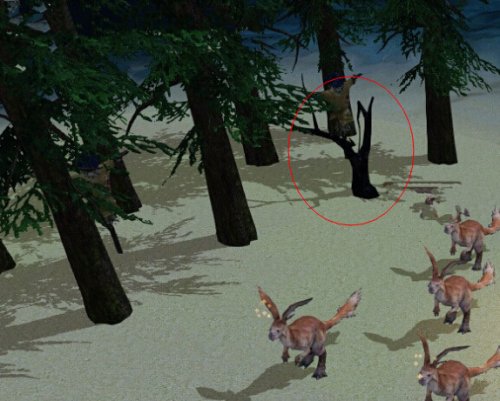| 正面 | 387.age 英 [eɪdʒ]美 [edʒ]     |
|---|---|
| 背面 |      释义: 1. 战神Mars 创造了一个单词 war 和martial.n. 年龄;时代;寿命,使用年限;阶段vi. 成熟;变老vt. 使成熟;使变老,使上年纪n. (Age)人名;(瑞典)阿格;(日)扬 (姓);(西、荷)阿赫 例句: 1. Beauty is an attitude. It has nothing to do with age.美是一种态度,与年龄无关。 age 年纪来自PIE *aiw, 生命力。同词根ev, 见longevity, 长寿。 ageage: [13] Age has undergone considerable transmutations and abbreviations since its beginnings in Latin. Its immediate source in English is Old French aage, which was the product of a hypothetical Vulgar Latin form *aetāticum (the t is preserved in Provençal atge). This was based on Latin aetāt- (stem of aetās), which was a shortening of aevitās, which in turn came from aevum ‘lifetime’.This entered English in more recognizable form in medieval, primeval, etc; it is related to Greek aión ‘age’, from which English gets aeon [17], and it can be traced back to the same root that produced (via Old Norse eí) the now archaic adverb ay(e) ‘ever’ (as in ‘will aye endure’).=> aeon, ayeage (n.)late 13c., "long but indefinite period in human history," from Old French aage (11c., Modern French âge) "age; life, lifetime, lifespan; maturity," earlier edage, from Vulgar Latin *aetaticum (source of Spanish edad, Italian eta, Portuguese idade "age"), from Latin aetatem (nominative aetas), "period of life, age, lifetime, years," from aevum "lifetime, eternity, age," from PIE root *aiw- "vital force, life, long life, eternity" (see eon). Meaning "time something has lived, particular length or stage of life" is from early 14c. Used especially for "old age" since early 14c. Expelled native eld.age (v.)"to grow old," late 14c., from age (n.). Meaning "to make old" is early 15c. Related: Aged; aging." |